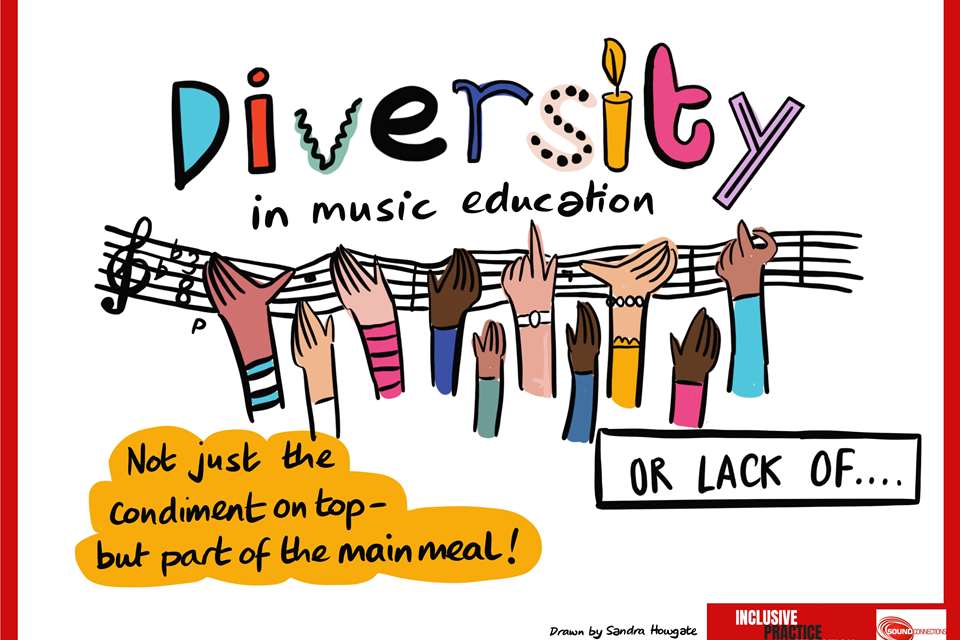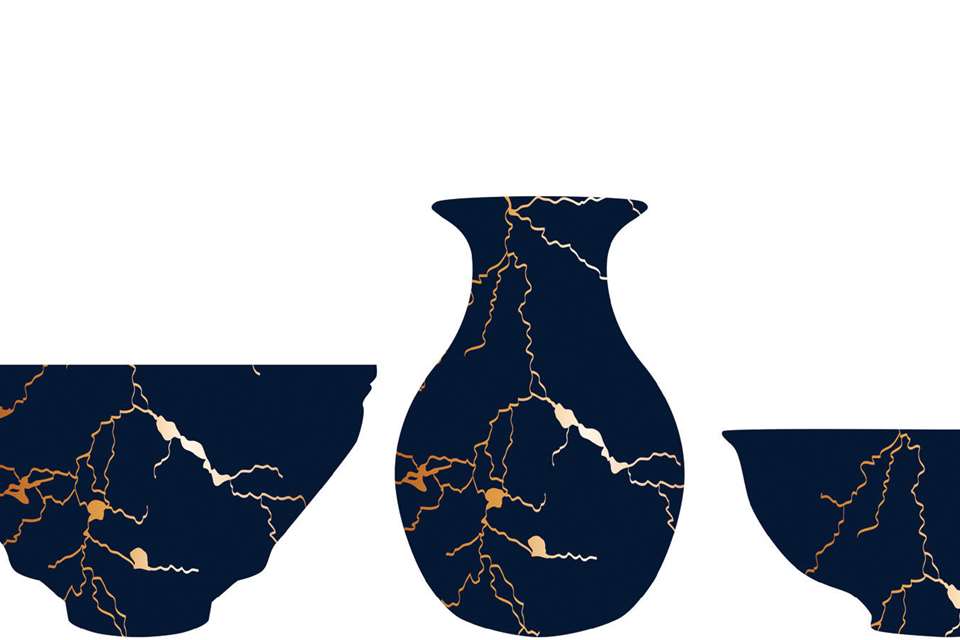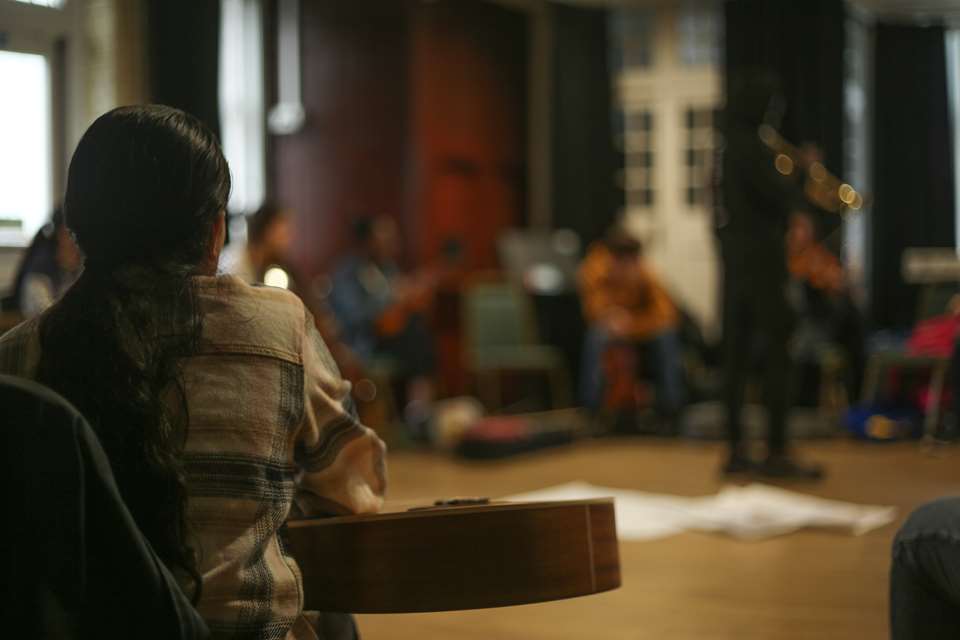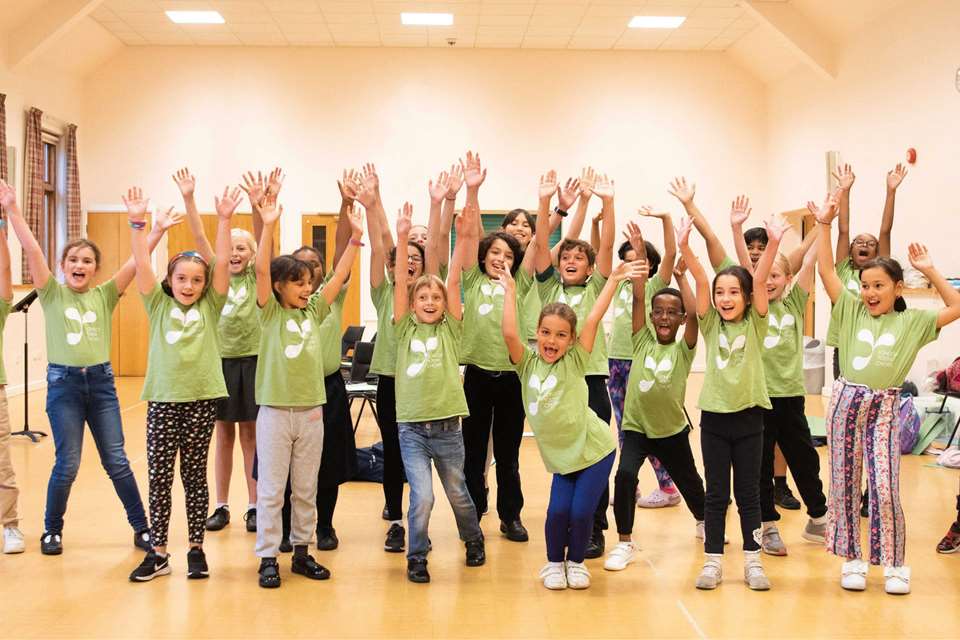Conference preview: Sound Connections' Inclusive Practice in Action
Harriet Clifford
Friday, April 1, 2022
Sound Connections is hosting Inclusive Practice in Action – Dancing with the Process of Life: Exploring Mental Health and Wellbeing on 7 April at Amnesty International in Shoreditch, London. Harriet Clifford meets Brenda Rattray, Voice Expressions founder and Sound Connections guest curator, to find out more.
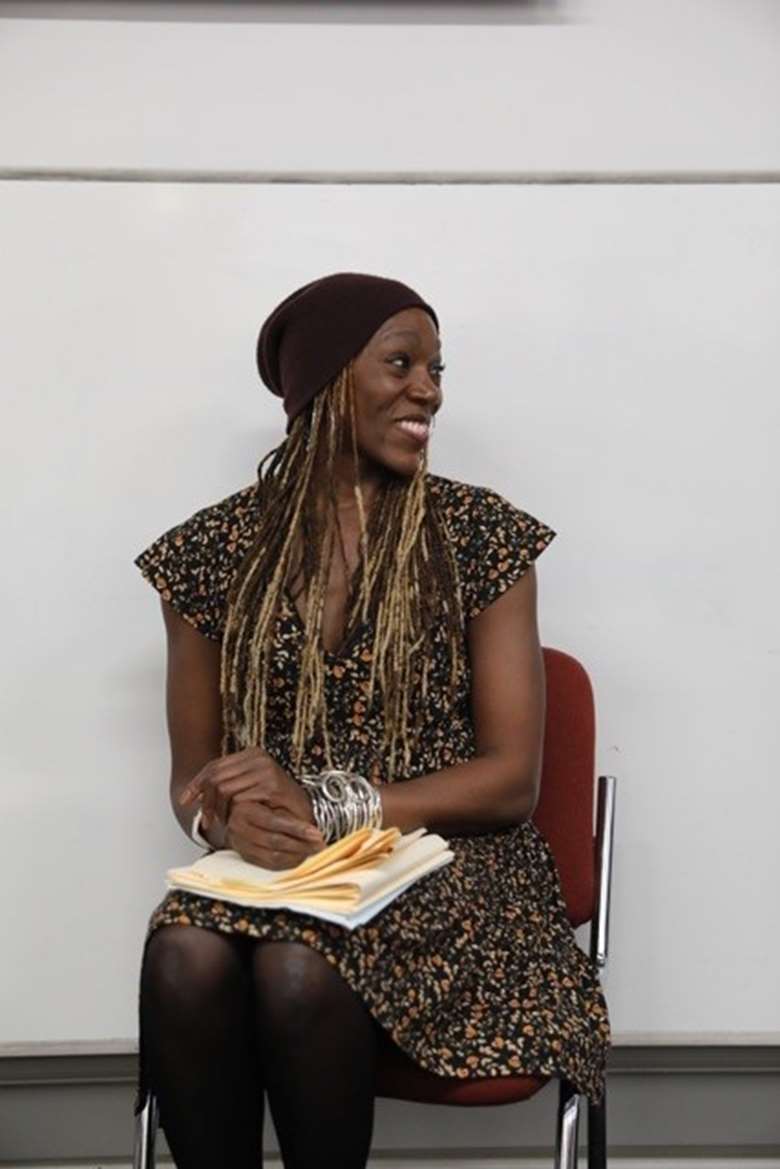
HC: Why were mental health and wellbeing chosen as this year's themes?
BR: We are living through a pandemic, and I've been thinking about how people are coping, specifically children, so it felt like the right way to go. One of our speakers, Lisa Cherry, focuses on trauma-inclusive practice – I realised myself during lockdown that most of us carry our trauma, and if you are not grounded and reflective, the trauma you have within you may be projected onto other people as anger or something else.
HC: How does this specifically relate to inclusive practice in education?
BR: I'm aware that there are a lot of children and adults who go through trauma, such as domestic violence and bullying in school or the workplace – and unless you understand how to recognise a suffering person, you might take, for example, a child's behaviour in class as just disruptive and not realise that they are trying to protect themselves. Or you might find that a teacher is failing in their performance because they are not open about what they're going through – they're suffering, the children are suffering; everybody's suffering. I think it's really important that people understand themselves and how they operate in the world – the good they do, and the bad – and think about addressing their own hurts. Once you start to do that and start to be reflective, some of us develop compassion and empathy and the ability to see suffering and address it with kindness.
HC: The last IPIA conference was online. What do you think will be both the benefits and the drawbacks of this year's being in person?
BR: The outreach was greater when it was online – with this face-to-face conference, we only have 60 spaces. But the benefit of it being in person is that I'm going to totally immerse people, on all levels, in wellbeing. Even as you walk up to the venue – the Amnesty International Human Rights Action Centre in London – you see art and creativity. From when you enter that building, I'm going to do my utmost to provide a space that is welcoming for everybody, regardless of who you are, how you look, how you dress – you will be welcome, and the environment will be welcoming.
The event might be triggering for delegates and push buttons, but people will be held. People will be physically, mentally, and spiritually immersed in an environment that is loving, caring and kind, but we will still be asking questions that will help you to dig deep. The idea is that it's a round table – we are all equals, whether you're an adult or a child in the space, because we're all human and we all feel, we all cry, and we all laugh. Online, people can just hide in their front rooms, and then they can cry alone, or laugh alone. There's something about people coming together that I want to embrace.
HC: What will the event look like in practice?
BR: We will have provocations from our speakers in the morning, and then in the afternoon, people can think about what they've experienced and go into different rooms, either with or without a facilitator. There will be some singing, although people don't have to sing, but I want it to be a music event with music happening in the environment. People are welcome to do as they please. The plan is that about a month after this event, we'll do a smaller conference where people can come and talk about their experiences a month on, so that they don't forget.
As well as Lisa Cherry, our speakers include, among others, Bazil Meade, founder and leader of the London Community Gospel Choir, Paul Whittaker, who is a musician who has been profoundly deaf since birth, Anjana Rinne, who has a passion for creating diverse, equal, inclusive music environments in the early years sector, and Miss Jacqui, a talented poet and musician who is raising awareness of the challenges faces by disabled artists.
HC: What do you hope will be the biggest takeaways for delegates?
BR: A key takeaway will be that I might look different from you, but we are equal. I don't really care about your title – it does nothing for me. I want to embrace you as a human being and I want you to look at me and embrace me as your equal, with my locks, my skin tone, whether I'm in a wheelchair, or whether I use my hands to speak because I'm deaf and dumb. Sometimes we think we've got that nailed, and then we look around us at who we work with, who we play with, and who we interact with, and there's an absence of difference. Why is that? I'm going to be encouraging people to really strive to look at our world, look at the mess we're in, and think about what we can start doing at home to make a difference.
HC: Do you think there's any need to worry about music becoming a ‘wellbeing subject’ in schools over an ‘academic’ subject with valid career paths?
BR: I think we do need to worry about it, especially given the low priority the government seems to give curriculum music. But we need to start looking at how we perceive academia and the weight and importance we give to it. I work at Goldsmiths, University of London, and I think sometimes when music becomes an ‘academic subject’ per se, something of its essence and what it can do to help our whole world is lost. When I work at universities, my thinking process is not just about the academics of the subject; it's about whether that student is connecting holistically with the material they are choosing, and how that is impacting their lives. How will that impact their practice? Will it make them a better human being? I think whatever we study, we should study it to its broadest context.
HC: What was your own music education like?
BR: When I was growing up, music education was very white for me. I didn't learn anything about my own culture at all, so I chose to go to the States to study. I did the trumpet, which I didn't enjoy much because I couldn't relate to the repertoire (and I couldn't wear lipstick!). I did piano, and my teacher was bored, and a bit boring, and again the repertoire didn't do anything for me. Then I did steelpans, which was phenomenal – we were doing classical, jazz, gospel, reggae, everything; and we were touring and learning everything by ear. I think meeting people within their culture and embracing all of this is the way forward.
www.sound-connections.org.uk/events/inclusive-practice-in-action-2022


